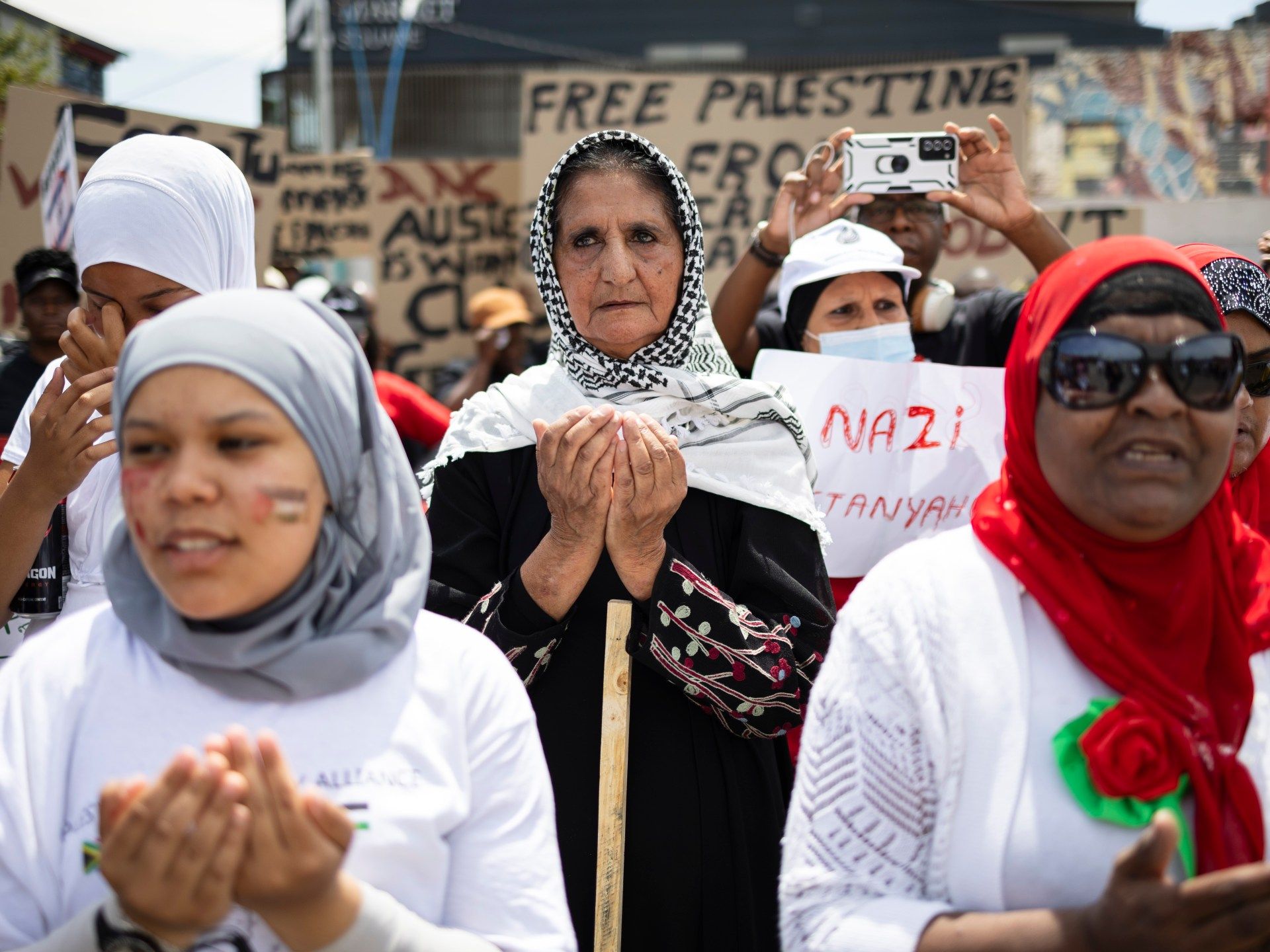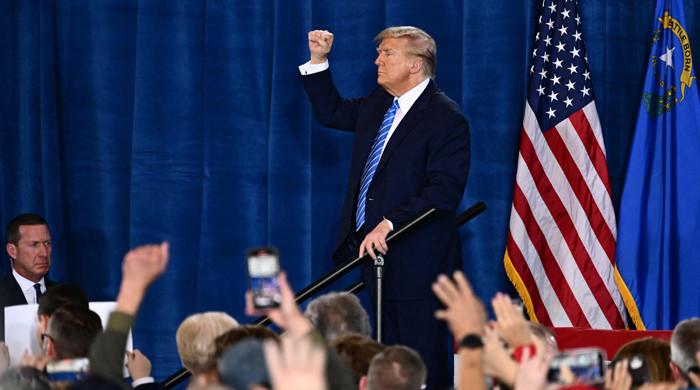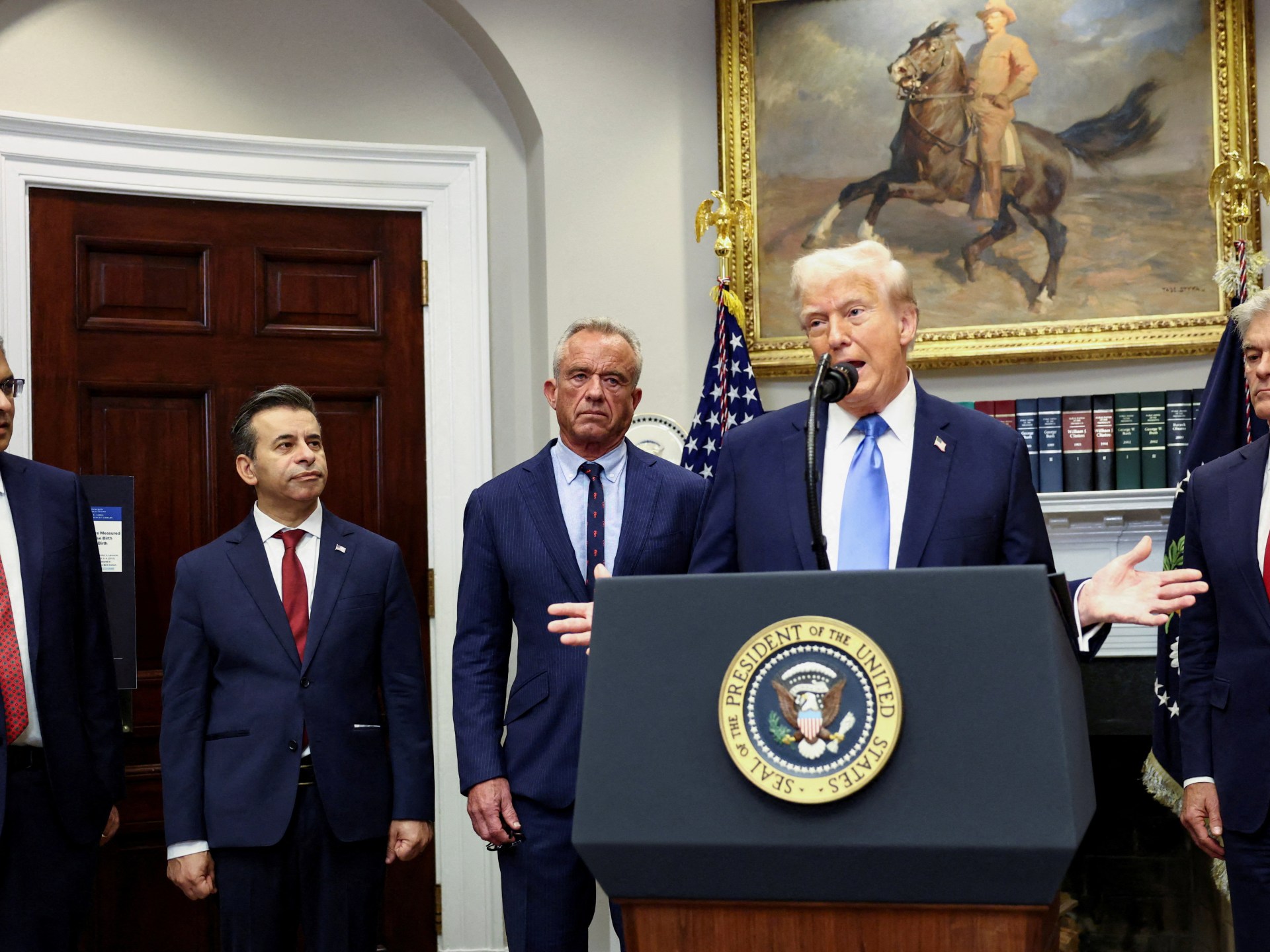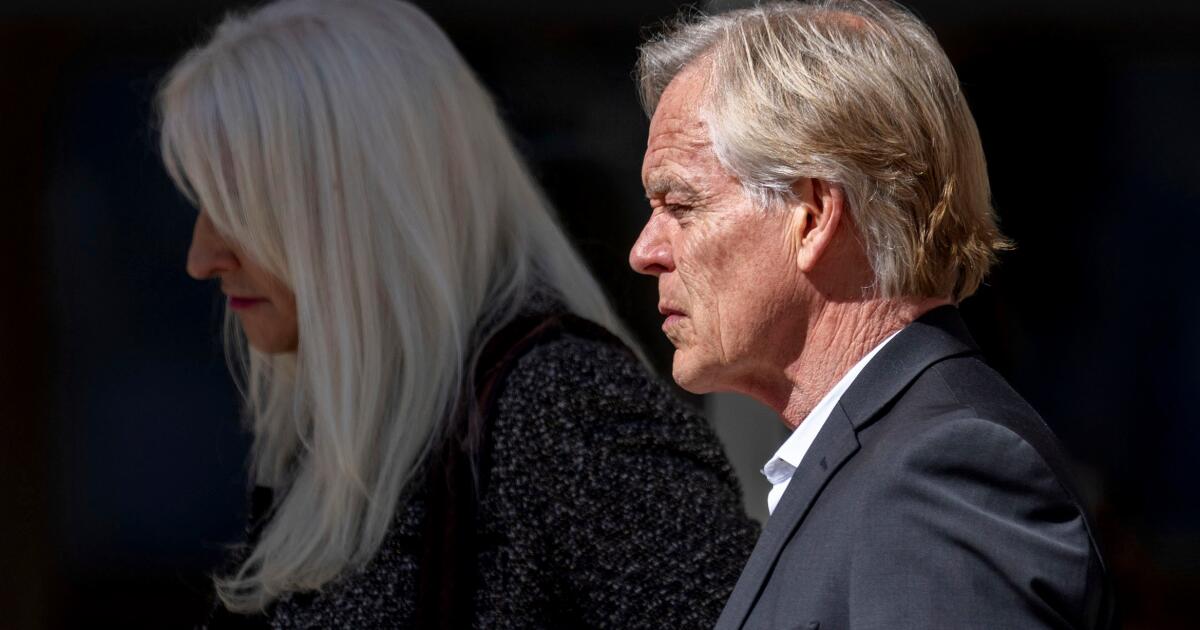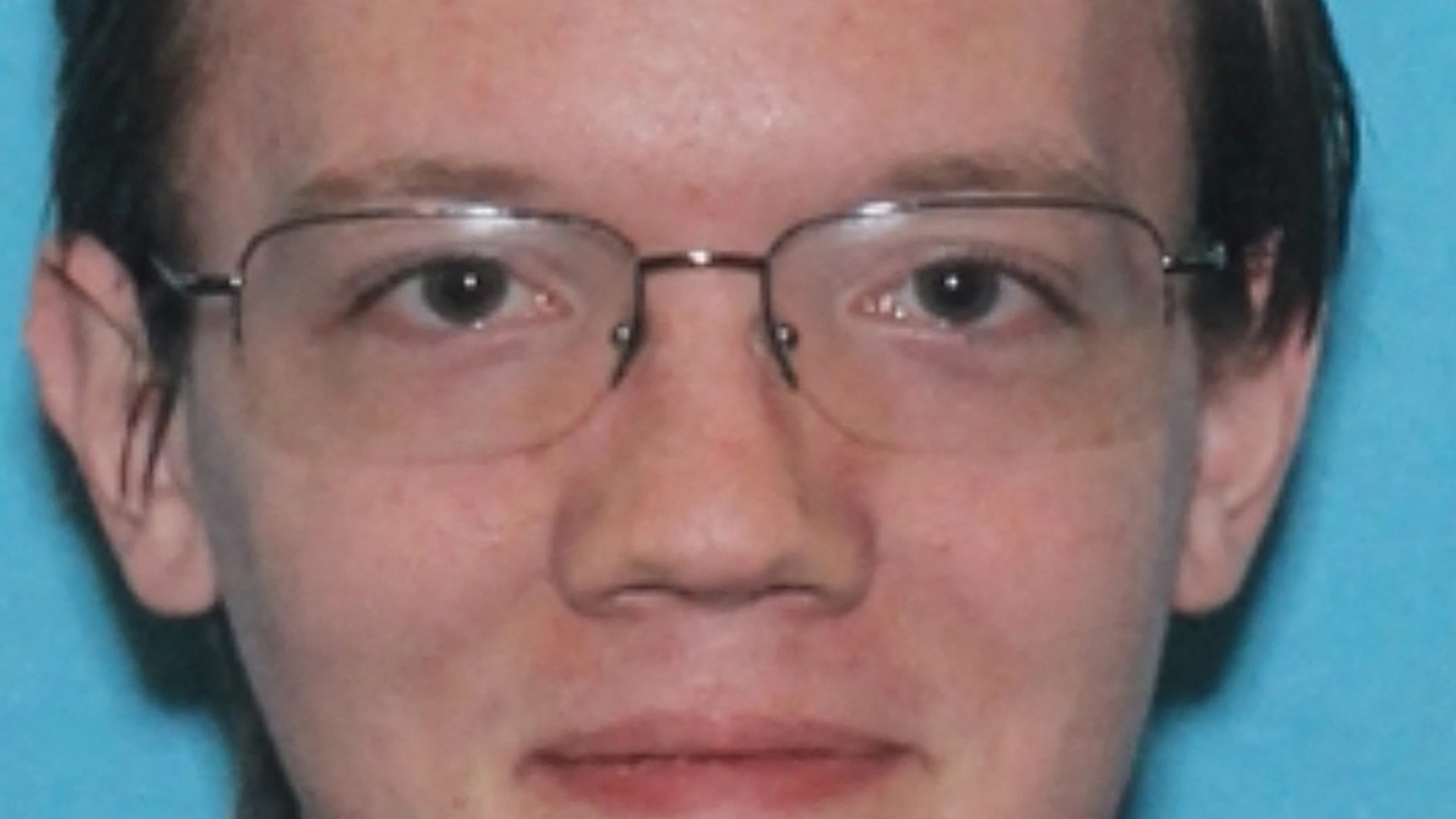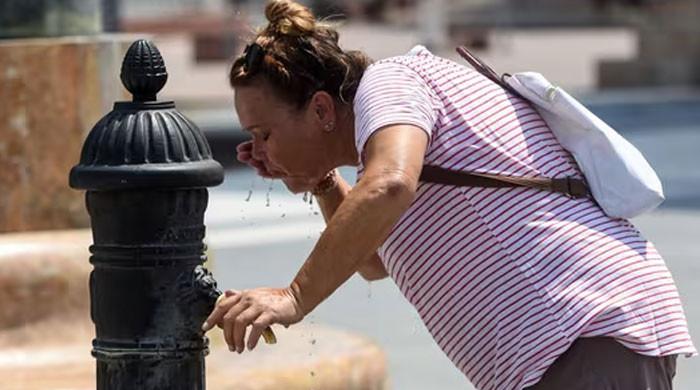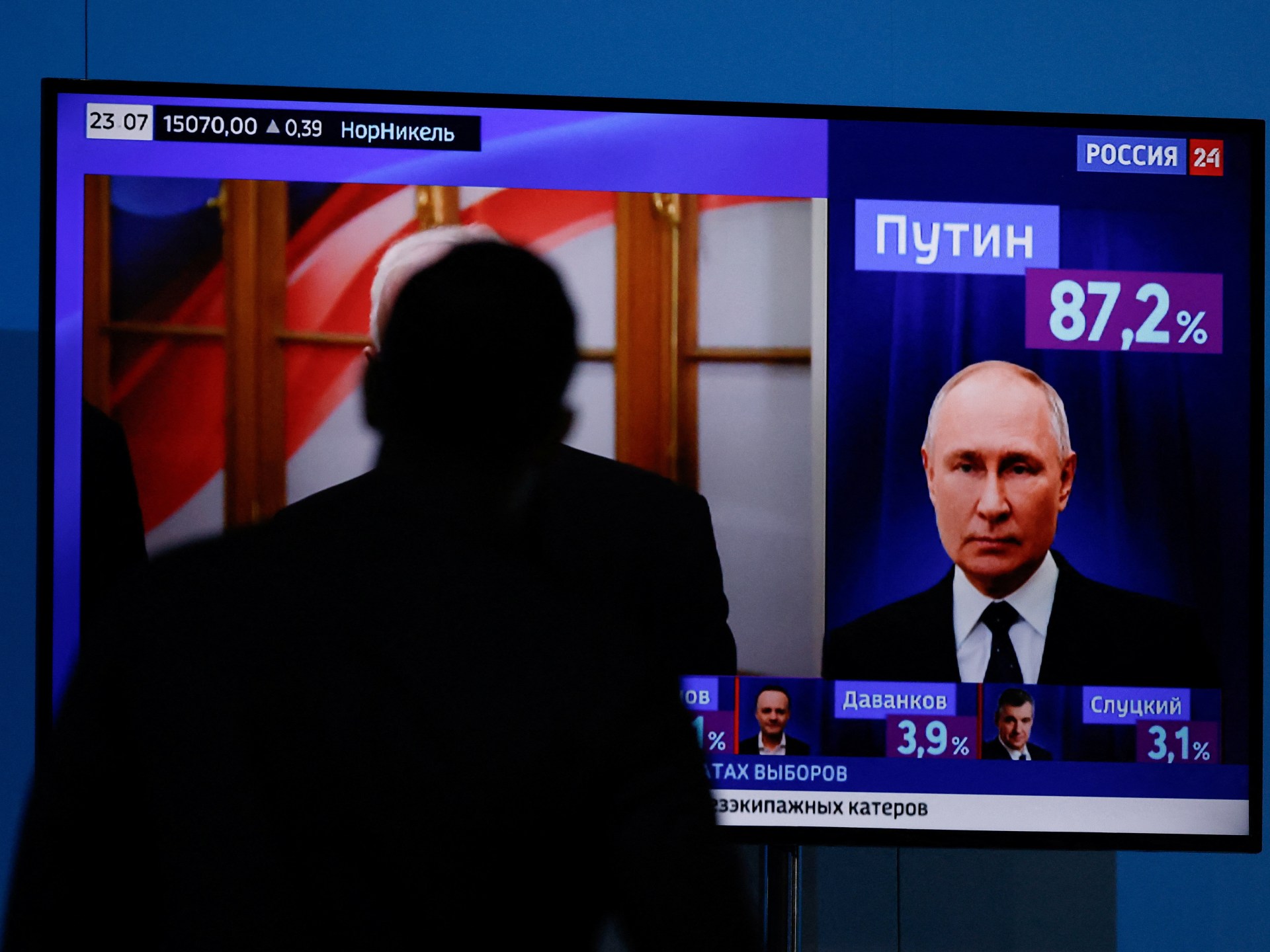Last week, South Africa became the first country to file a lawsuit against Israel at the International Court of Justice (ICJ) in The Hague, increasing international pressure on Tel Aviv to stop the deadly and relentless bombing of the Gaza Strip. which launched on October 7, 2023, and which has killed more than 22,000 civilians, a significant number of them children.
In the 84-page complaint that South Africa filed with the court on December 29, details evidence of the brutality perpetrated in Gaza and calls on the Court – the United Nations body to resolve interstate disputes – to urgently declare that Israel has failed to fulfill its responsibilities under international law since October 7.
The move is the latest in a long list of actions Pretoria has taken since the start of the war in Gaza, including strong and persistent condemnation of Israel’s attacks on Gaza and the West Bank, the withdrawal of the South African ambassador to Israel, the reference to the suffering of Palestinians to the International Criminal Court (ICC) and calling for an extraordinary meeting of the BRICS countries to deliberate on the conflict. The ICC deals with cases of alleged crimes committed by individuals, not states.
Here is a breakdown of the ICJ case:
What are South Africa’s accusations against Israel?
South Africa has accused Israel of committing genocide in Gaza, in violation of the 1948 Genocide Convention, which defines genocide as “acts committed with intent to destroy, in whole or in part, a national, ethnical, racial or religious group.” .
The genocidal actions listed in the lawsuit include the murder of large numbers of Palestinians in Gaza, especially children; the destruction of their homes; their expulsion and displacement; in addition to imposing a blockade of food, water and medical assistance to the strip.
They also include the imposition of measures that prevent Palestinian births by destroying essential health services crucial to the survival of pregnant women and babies.
All of these actions, the lawsuit says, are “intended to achieve your [Palestinians] destruction as a group.”
Pretoria further blames Israel for failing to prevent or prosecute incitement to genocide, with specific reference to statements by Israeli officials throughout the war who have sought to justify the killings and destruction in Gaza.
South Africa has also specifically requested that the ICJ act urgently to prevent Israel from committing further crimes in the Strip, probably by issuing an order for Tel Aviv to stop its invasion. That request will be prioritized, the ICJ said in a statement, but did not specify a timeline.
South Africa’s documentation is particularly needed amid growing misinformation around the war and for other wide-ranging purposes, said Mai El-Sadany, a human rights lawyer and director of the Tahrir Institute for Middle East Policy.
“The procedures are important to stop the normalization of any mass atrocities committed by Israel; They send the message that if a country commits mass atrocities, as Israel is doing, it should expect to be brought before an international tribunal, have its record criticized against international norms, and have its reputation on the international stage affected. ,” she said.
What evidence has South Africa cited?
South Africa claims that statements made by Israeli officials, including Prime Minister Benjamin Netanyahu, have demonstrated “genocidal intent.”
For example, the lawsuit cites Netanyahu’s comparison of the Palestinians to the Amaleks, a biblical nation that God commanded the Israelites to destroy. The Bible verse says, “Now go and smite Amalek…kill the man and the woman, child.”
Furthermore, in his December 26 statement, Netanyahu said that despite the extensive destruction of Gaza and the killing of thousands of people, “we are deepening the fighting in the coming days, and this will be a long battle.”
Other statements have also been cited in the lawsuit, including those in which Israeli officials have portrayed the people of Gaza as a force of “darkness” and Israel as a force of “light.”
South Africa adds that the “scope of Israeli military operations – its indiscriminate bombings and executions of civilians, as well as the Israeli blockade of food, water, medicine, fuel, shelter and other humanitarian assistance” are proof of its claims. Those actions have brought the strip to the “brink of famine,” the lawsuit states.
In addition to genocide, South Africa claims that Israel is committing other violations of international law in the Gaza Strip, including launching an attack on Palestinian culture by attacking sites of “religion, education, art, science, historical monuments, hospitals and places where the sick and the sick live.” the wounded are collected.”
Have similar cases occurred before?
Yes. Under the Genocide Convention, nation-states can bring charges of genocide against other countries, whether or not they are directly involved in the conflict. In 2019, Gambia, on behalf of the Organization of Islamic Cooperation, petitioned the court against Myanmar for its atrocities against the Rohingya people.
Israel and South Africa are parties to the ICJ, meaning its rulings are binding on both. But while the ICJ has more weight than the UN Security Council, where Israel is strongly protected by the United States, the court lacks coercive power. In fact, ICJ orders have been ignored in some cases without serious consequences.
In March 2022, for example, a month after Russia invaded Ukraine, kyiv brought a case against Russia to the Court. In that case, Ukraine also asked the ICJ to establish emergency measures to stop Russia’s aggression.
In fact, the court ordered Moscow to stop military operations shortly after, stating that it was “deeply concerned” about the attack on Ukraine. However, more than a year later, the war in Europe continues.
What happens next?
South African authorities confirmed on Tuesday that the ICJ has set a hearing for January 11 and 12. “Our lawyers are currently preparing for this,” Clayson Monyela, spokesperson for South Africa’s Department of International Relations and Cooperation, posted on X, formerly Twitter.
Just to be clear. The ICJ has scheduled a hearing of the case that #South Africa has triggered. It is scheduled for January 11 and 12, 2024 in The Hague. Our lawyers are currently preparing for this.
– Clayson Monyela (@ClaysonMonyela) January 2, 2024
But the procedures can take time, even years. For example, the court is still deliberating on the 2019 Gambia v. Myanmar case. Evidence hearings have been held in that case; The last one was held in October 2023, when the court asked The Gambia to respond to Myanmar’s counterarguments.
South Africa proactively requested an expedited process in its December submission. His request for an emergency order from the ICJ could produce results quite quickly – in a matter of weeks – as happened in the Ukraine case.
In response to the lawsuit, Israel’s Foreign Ministry has vehemently denied accusations of genocide and described the Pretoria case as “blood libel” and a “despicable and contemptuous exploitation” of the court. A ministry statement also accused South Africa of being “criminally complicit” in Hamas attacks.
On Tuesday, spokesman Eylon Levy confirmed that Tel Aviv will defend itself at the Hague hearings. “We assure South Africa’s leaders that history will judge them and judge them mercilessly,” Levy told reporters.
Sarang Shidore, director of the Quincy Institute, a Washington-based think tank, said this stance could mean Tel Aviv is taking the complaint as a serious challenge to its policies in Gaza.
While any ICJ ruling may have little bearing on the war itself, a ruling in favor of South Africa and the Palestinians would put significant pressure on Israel’s main sponsor and de facto arms repository: the US government.
“The Biden Administration is increasingly vulnerable to domestic opponents of the war and international accusations of double standards,” Shidore said, alluding to the stark difference between the U.S. stance on the Russia-Ukraine war and its position on the Gaza war. However, a ruling against Israel could have “implications for the US position,” she said.
“My sense is that the Biden Administration and some key European allies will strongly support Israel at the ICJ,” Shidore added. “But we will see how this support is precisely worded.”

